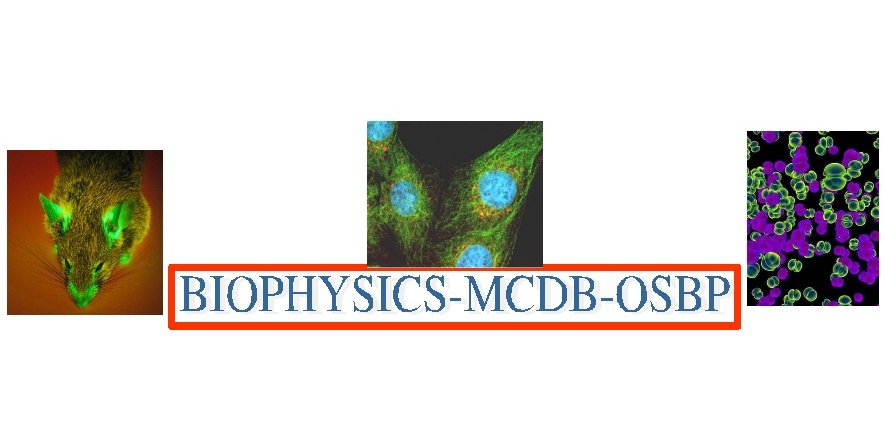Interdisciplinary Graduate Programs Symposium

2010 OSU Molecular Life Sciences
Interdisciplinary Graduate Programs Symposium

Talk abstracts
Abstract:
Alzheimer’s disease (AD) is characterized pathologically by the presence of neurofibrillary tangles (NFTs), senile plaques, and granulovacuolar degeneration (GVD). GVD involves the accumulation of large double membrane bound vacuoles with a dense-cored granule primarily within the hippocampal pyramidal neurons. Because of the ultrastructural characteristics of GVD bodies (GVBs), a standing hypothesis is that GVD represents a malfunction in the autophagic pathway, a process of degradation of cytosolic constituents via the lysosome, which allows GVBs to accumulate in both size and number. To test this hypothesis, we performed dual immunofluorescence on paraffin-embedded AD-affected human hippocampus sections and studied the colocalization of an antibody to casein kinase 1 delta (Ckiδ), which previous work in our lab has found to be a robust biochemical marker of GVD, with a panel of autophagy-related antibodies using laser-scanning confocal microscopy. We show for the first time biochemically that GVD is an autophagic process. Furthermore, by using a panel of autophagy-related antibodies, including p62, microtubule associated protein 1 light chain 3 (LC3), lysosome associated membrane protein 1 (LAMP1), charged multivesicular body protein 2B (CHMP2B), and cathepsin D, each denoting a particular stage of the autophagic continuum, we are able to pinpoint the stage of autophagy in which the pathway may be failing. GVBs strongly colocalize with CHMP2B, a multivesicular body (MVB) protein, but minimally with cathepsin D, a lysosomal protease, suggesting that GVBs are stalled at the amphisome stage of autophagy after fusion with the MVB but prior to fusion with the lysosome. This suggests that GVD represents a malfunction in the fusion with lysosomes, perhaps caused by a misregulation of machinery necessary for MVB formation, resulting in decreased degradation of its sequestered cytoplasmic constituents. This may contribute to the decreased degradation of intracellular aggregates that define the disease.
Keywords: Alzheimers disease, granulovacuolar degeneration, autophagy